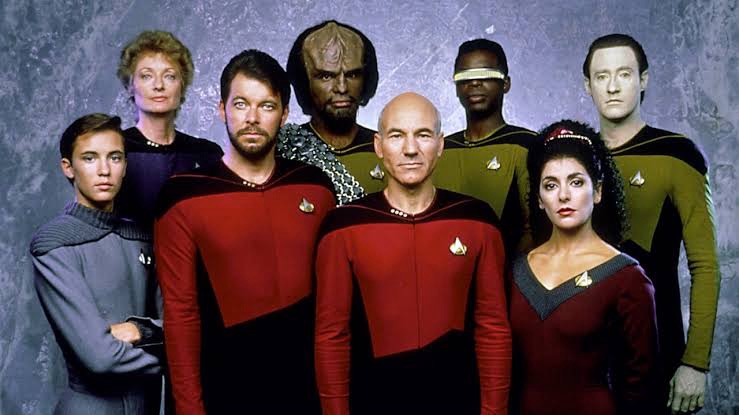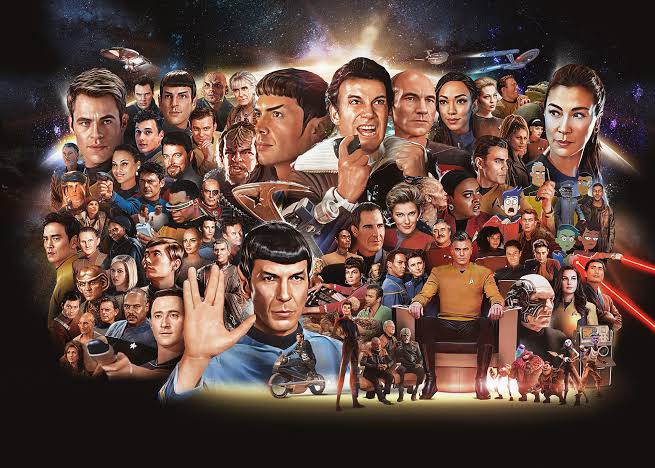Since its debut on September 8, 1966, Star Trek has evolved from a television series on the brink of cancellation into one of the biggest pop culture phenomena in the world. Created by Gene Roddenberry, the series initially lasted only three seasons, but reruns in the early 1970s sparked a new wave of fans that has continued to grow. Multiple spin-offs, feature films, novels, and fan conventions have cemented a legacy that has endured for more than half a century.
An Optimistic Vision of the Future
Amid science fiction that often portrays bleak or dystopian worlds, Star Trek offers a future where poverty, racism, and large-scale war have been overcome. Humanity focuses on scientific exploration, interplanetary diplomacy, and cross-cultural cooperation. This optimism is a key appeal, inspiring many viewers to look toward the future with hope.
Representation and Diversity
From the start, Star Trek broke boundaries in on-screen representation. The inclusion of Uhura, an African-American communications officer, in the 1960s became a symbol of progress and equality. The series also featured the first interracial kiss on American television, making history and sparking conversations about tolerance. Modern versions like Star Trek: Discovery expand this representation further with LGBTQ+ characters and more diverse ethnic backgrounds, making the franchise a reflection of an inclusive world.

Iconic and Unforgettable Characters
Names like Captain James T. Kirk, Mr. Spock, and Jean-Luc Picard have become legendary in the world of science fiction. Kirk is known as a charismatic, action-oriented leader, Spock represents logic and emotional balance, while Picard leads with wisdom and diplomacy. These characters are not just fictional figures but role models who inspire leadership styles in real life.
Stories with Strong Social Messages
Many Star Trek episodes address relevant social issues such as discrimination, gender equality, and the dangers of nuclear war. By setting these themes in space, the moral messages are conveyed without being tied to contemporary political disputes, making them easier to accept globally.
Fictional Technology That Became Real
Innovations seen in Star Trek have often inspired real-world technological developments. The communicator resembles modern flip phones, the PADD device inspired tablets, and the replicator concept aligns with 3D printing. Even NASA has referenced “Warp Drive” in theoretical research. This influence shows that Star Trek is more than entertainment; it is a catalyst for future technology.
A Solid and Passionate Fandom
The Star Trek fan community, known as Trekkies, is famous for organizing conventions, cosplay events, and fan-made projects. Their support has proven powerful, even helping to reverse cancellation decisions. This fandom not only preserves the franchise’s legacy but also fuels its continued evolution.
A Global Pop Culture Impact
Phrases like “Warp Speed” and “Beam me up, Scotty” have entered the everyday pop culture lexicon. Beyond that, Star Trek has influenced countless figures in science and technology, including engineers and researchers at NASA. This reach makes Star Trek a cross-generational phenomenon that blends entertainment, inspiration, and innovation.
More than half a century since its creation, Star Trek remains relevant because it seamlessly combines adventure, science, and human values into a captivating storytelling package. Behind the outer space journeys lies a message of optimism, tolerance, and a relentless spirit of exploration. For millions of fans, Star Trek is not just a series or a film but an imaginative guide toward a better future.




